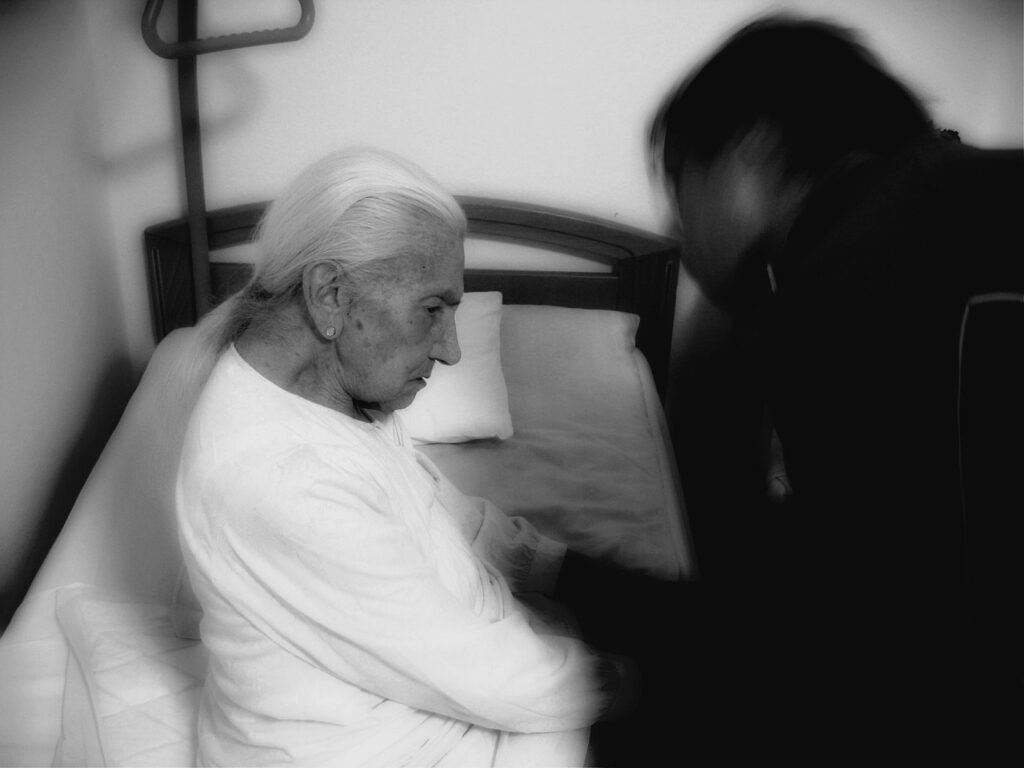
Alzheimer’s disease is a neurological condition that damages the brain and causes memory loss and behavioral disorders. It accounts for 60 to 80 percent of dementia cases, making it the most prevalent kind. The buildup of unusual protein deposits (beta-amyloid plaques and tau tangles) in the brain impairs neural transmission and ultimately results in Alzheimer’s.
Every 65 seconds, a person develops Alzheimer’s disease in the United States. This statistic highlights the alarming frequency at which new cases of Alzheimer’s are diagnosed, indicating the urgency of addressing the disease. Every second that goes by signifies another person whose life is impacted by the illness, as well as the strain imposed on their family, careers, and society as a whole.
Alzheimer’s disease Statistics
Around the world, 55 million individuals are estimated to be suffering from dementia, and around two third of them have Alzheimer’s disease. More than 6 million Americans have Alzheimer’s disease, and it is projected that this figure will rise sharply in the years to come. The rising rate of Alzheimer’s disease is primarily due to the aging population and higher life expectancy.
People who have Alzheimer’s disease face serious challenges since it affects their memory, intellect, and ability to carry out daily tasks. The disease places a heavy burden on caregivers who often experience emotional, physical, and financial strain.
Understanding Alzheimer’s disease
Age-related changes in the brain, as well as genetic, environmental, and lifestyle variables, are likely contributing factors to this disease. The main risk factor is advanced age, which increases dramatically beyond the age of 65.
Alzheimer’s disease has three stages: preclinical, mild cognitive impairment (MCI), and dementia. In the preclinical stage, the patients may show no noticeable symptoms but have biomarker evidence of the disease. People who have Alzheimer’s disease appear to be symptom-free throughout its preclinical stage, yet harmful changes are happening to the brain.
MCI is characterized by mild memory and cognitive impairments that are noticeable but do not significantly interfere with daily functioning. When Alzheimer’s disease reaches the intermediate stage, memory loss, disorientation, and even identification issues can all worsen.
Dementia is the most severe stage, marked by significant memory loss, confusion, disorientation, and an inability to independently conduct daily tasks. They might also lose weight, sleep more, and have swallowing issues. They eventually require 24-hour care.
Importance of Early Detection and Diagnosis
Early diagnosis can help the patients and their caregivers better manage the disease, optimize daily functioning, and plan for the future.
Some major symptoms of Alzheimer’s include
- Memory loss that disrupts daily life, especially recent events or important information
- Challenges in planning or problem-solving
- Difficulty completing familiar tasks or following instructions
- Confusion with time or place
- Trouble understanding visual images and spatial relationships
- New problems with speaking or writing
- Misplacing things and inability to retrace steps
- Changes in mood, personality, or withdrawal from social activities
FDA-approved medications aim to manage symptoms, improve cognitive function, and slow down disease progression. Treatment plans include a combination of medication, training, occupational therapy, and lifestyle modifications.
Impact of Delayed Diagnosis
Delayed diagnosis can lead to decreased quality of life for caregivers who struggle to provide appropriate care without a clear understanding of the disease. Caregivers face challenges in managing behavioral changes and coordinating necessary support services.
It also results in missed opportunities for financial planning and accessing available resources, such as insurance coverage and government assistance programs.
Access to suitable therapies, treatments, and support services might also be hampered by a delayed diagnosis. It may prevent individuals from actively participating in clinical trials and research aimed at finding better treatment options.
Promoting Awareness and Education
Raising public awareness about the early signs and symptoms of Alzheimer’s disease to encourage timely recognition and action is necessary. Here’s how we can promote awareness of this disease.
- Educating the general public, healthcare professionals, and communities about the importance of early detection, diagnosis, and available support services.
- Challenging the misconceptions and stigma associated with Alzheimer’s to create a supportive environment for families affected.
- Acceptance of Alzheimer’s as a medical condition requiring compassion, care, and support.
- Providing educational resources and tools to help individuals understand the disease, its risk factors, and the importance of early detection.
- Encouraging community engagement, support groups, and caregiver networks to foster a sense of belonging, understanding, and shared experiences.
Wrapping Up!
In conclusion, millions of individuals throughout the world are impacted by the horrible illness known as Alzheimer’s. Its effects go beyond the afflicted person to include their family, friends, and communities.
Each second represents another person being diagnosed with Alzheimer’s disease. Timely detection and diagnosis are important in improving outcomes for individuals and their caregivers. By educating ourselves, supporting research, and seeking professional assistance, we can make a difference in the lives of those with Alzheimer’s.
If you or someone you know needs professional care for Alzheimer’s or other senior solutions, visit Sequoia Senior Solutions and take the first step toward providing the support and care needed during this challenging journey. Remember, every second counts in the fight against Alzheimer’s.